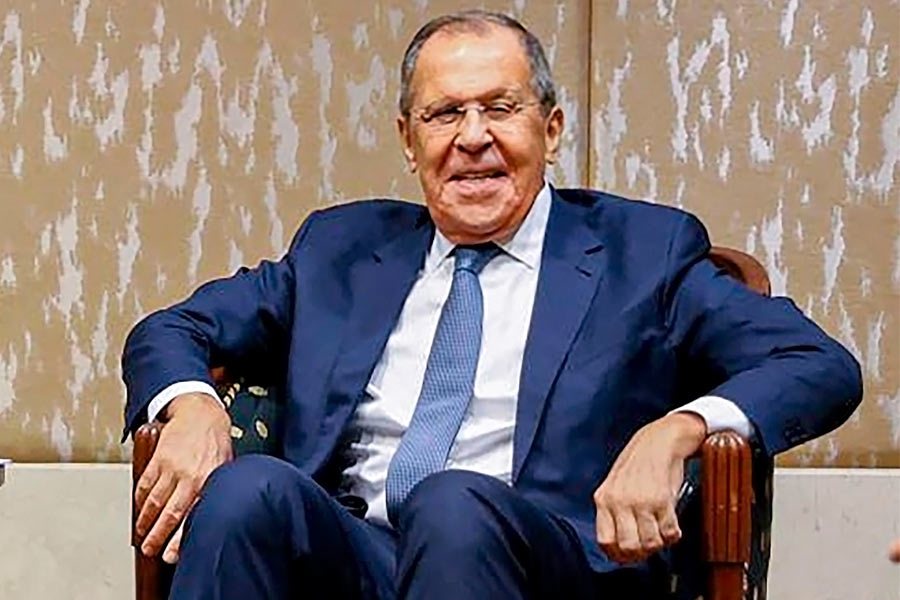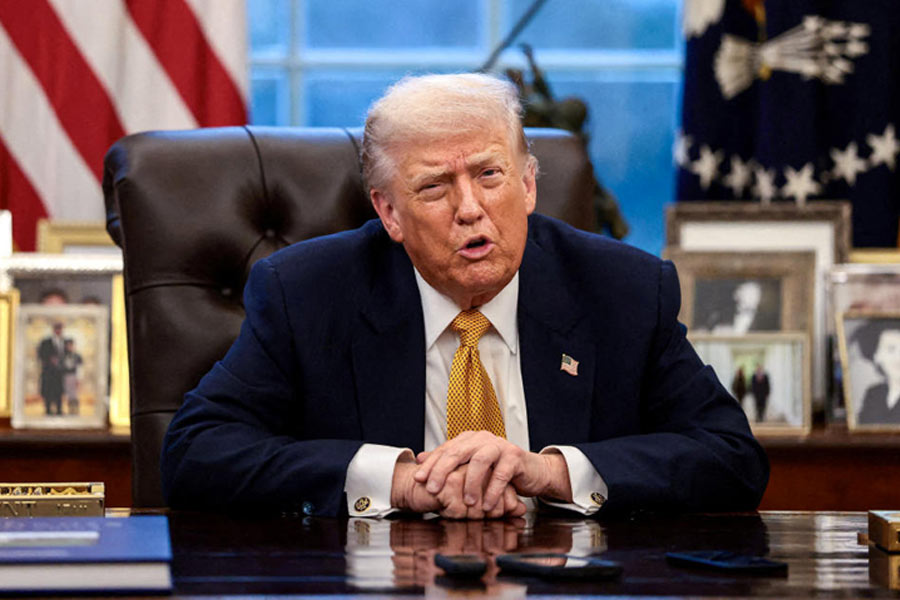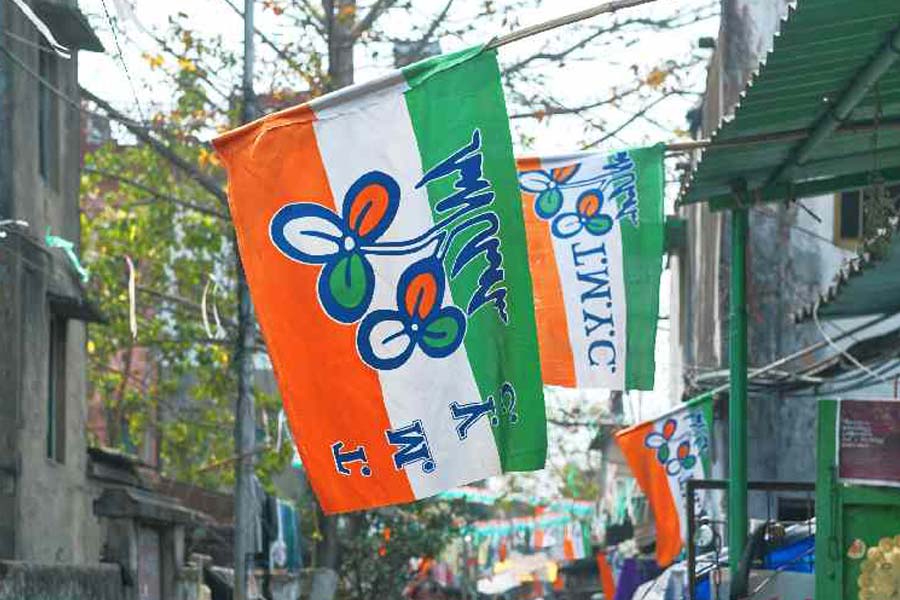The tension between India and China has eased “significantly” and the stalled work of the RIC troika could be restarted, Russian Foreign Minister Sergei Lavrov said on Monday.
Speaking at the “Forum of the Future-2050” here, he said the resumption of joint work in RIC format could be the first step towards pan-Eurasian processes, including the formation of a multi-polar architecture.
"I really hope that we will be able to restore the work of the Russia-India-China trio. We have not met at the level of foreign ministers for the last couple of years, but we are discussing this issue with my Chinese colleague and with the Indian head of the External Affairs department.
“I really hope that now that the tension has eased, in my opinion, has eased significantly on the border between India and China, and the situation is stabilising, there is a dialogue between New Delhi and Beijing, we will be able to resume the work of this Russia-India-China trio," Lavrov was reported as saying by Russia’s state-run TASS news agency.
Lavrov said that Russia and China can and should play a leading and proactive role in the pan-continental process, including in the formation of a multi-polar architecture, and added that the restoration of the RIC format could act as the first step towards this.
“This will also be a very important step forward in the movement of continental processes,” Lavrov added.
The two-day forum inspired by Russian philosopher Alexander Dugin, often dubbed as President Vladimir Putin’s ‘guru’, has attracted young participants.
Tesla and SpaceX CEO Elon Musk’s father Erol Musk is also attending the forum.
Last week, a Pakistani delegation met Lavrov in Moscow and handed over a letter from Prime Minister Shehbaz Sharif for Russian President Vladimir Putin.
Lavrov said that a direct dialogue between Pakistan and India is needed to build mutual trust between the two countries, TASS news agency reported, citing the Russian Foreign Ministry.
On Friday, top diplomats from India and China discussed bilateral relations to implement the consensus reached by the leaders of the two countries last year, the Chinese Foreign Ministry said.
The meeting between Indian Ambassador to China Pradeep Kumar Rawat and China’s Vice Foreign Minister Sun Weidong on Thursday is the first diplomatic engagement between the two countries post the Operation Sindoor that India launched in response to the April 22 Pahalgam terror attack that left 26 people dead.
Tensions between India and Pakistan, Beijing’s all-weather ally, escalated after the Pahalgam terror attack, with India carrying out precision strikes on terror infrastructure in Pakistan and Pakistan-occupied Kashmir in the early hours of May 7.
The four days of on-ground hostilities from both sides ended with an understanding of stopping the military actions following talks between the directors general of military operations of both sides on May 10.
Except for the headline, this story has not been edited by The Telegraph Online staff and has been published from a syndicated feed.










